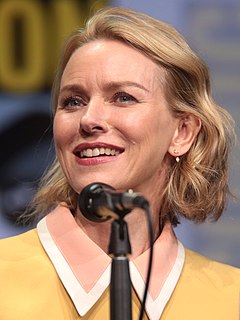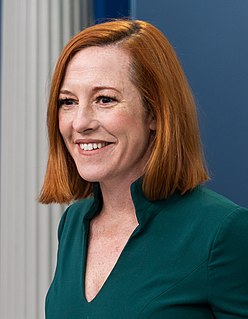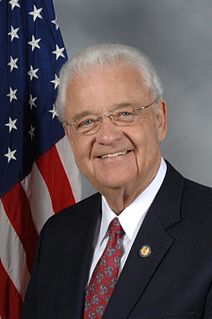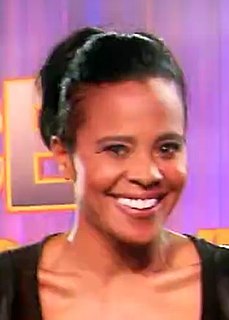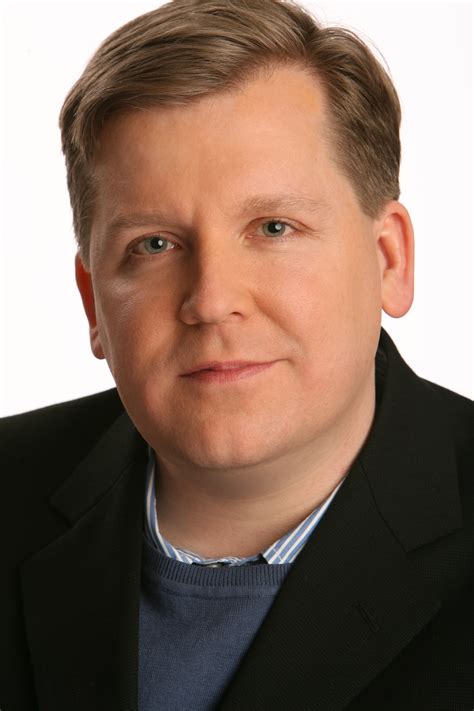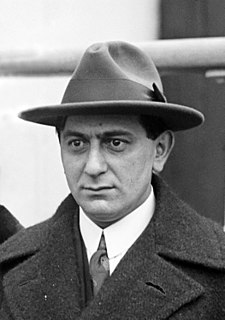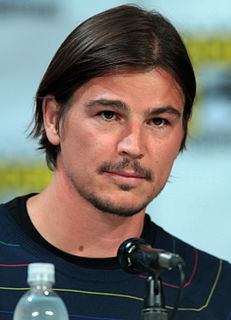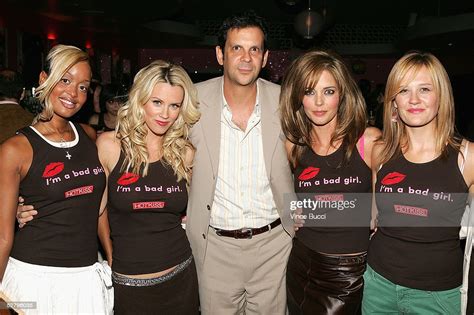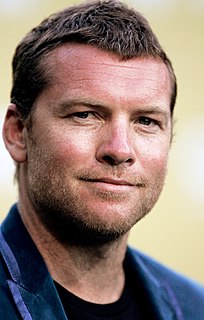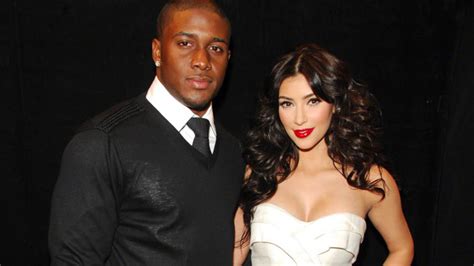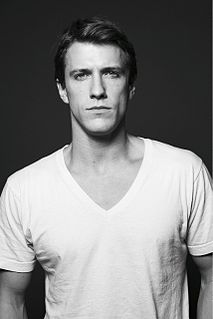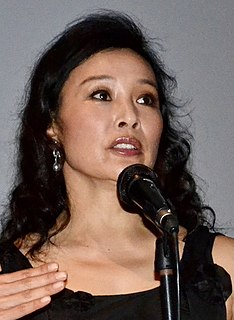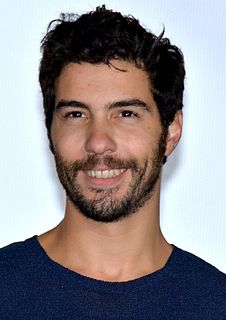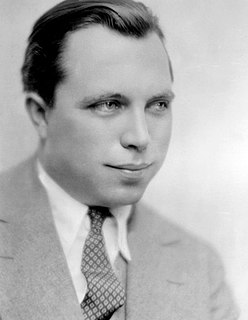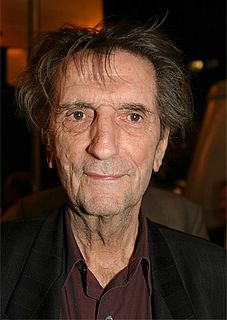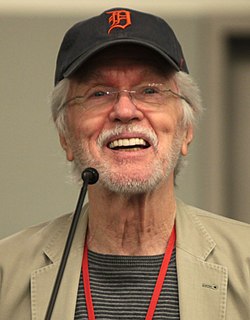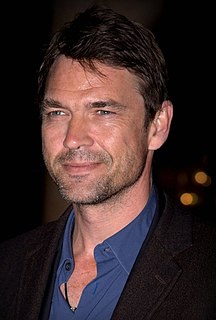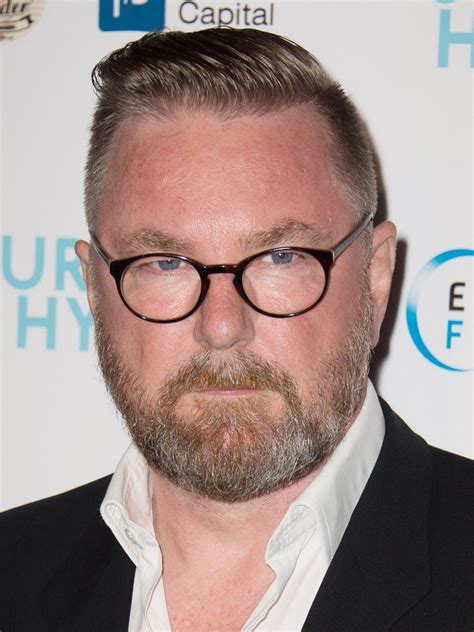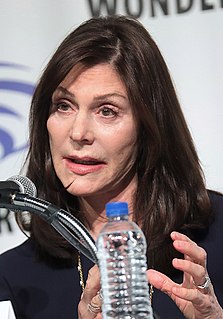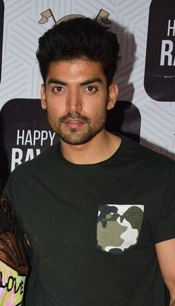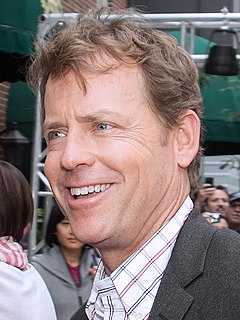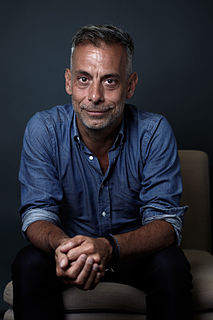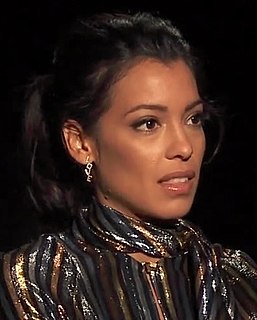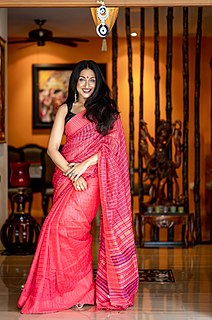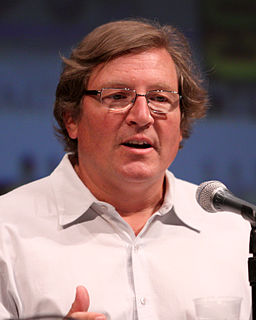Top 1200 Good Director Quotes & Sayings - Page 8
Explore popular Good Director quotes.
Last updated on December 19, 2024.
Finally, I was called for "The Office" and I was really lucky, because a lot of the shows that I went out for I would work my way up from, like, an audition with the casting director to the director to the producers to the studio, I'd go through seven auditions, and then they'd give the role to a famous actress.
I'm kind of the boss. I could fire myself if I ever got out of line, and I can hire myself too which is a good thing. It gives me a responsibility to the financial realities of the picture. I'm an extremely conscientious producer and now equally as a director and it now gives me the opportunity to look at the entire movie and allow the movie to be the creative vision of the actors, the writer and myself, because I'm in charge of it from a producer and a director point of view. It gives me freedom and it gives me a certain degree of responsibility at the same time.
Movies are great fun and wonderful when they're good. But you never get to see them till six months after they're finished. So you never get a sense of whether they're really well liked or how good they are. And you don't really know what the finished product is going to be like, because it's a director's medium.
Directing takes a good chunk of your life out. It's a very hard thing. As an actor, you go in for a couple of months and do your job, and then you move onto another one. As a director, it's with you for quite some time and you're responsible for the entire thing, whether the results are good or bad, or whether people throw darts at you or put you on a pedestal.
When I move from being a cameraman to being a director I looked at a lot of other cameramen who tried to make the move. And in each case they moved up their camera operator to be the DP, which really meant they didn't want to give up being the DP, and really wanted to do both. And my feeling was if I was going to succeed as a director, I had to just be a director and give up the safety net of being a cameraman.
I'm the type of actor that believes the director has to be in charge. I've been on sets where the actor's ego was the most important thing, and with a director that messes it up. But I don't like a dictator, I want it to be collaborative - the best idea wins. If I feel respected, and I'm going to give that back. If a director wants to try something, cool, I'll give it back. I also feel like they cast me for a reason, so I'm going to make my mark on it... let me do my thing.
As a director, you're a bit of a dictator. But I feel that you're a better director if you're open to other people's ideas. It means that it's tougher: you have to be in a choosing process; you have to put the ego aside. As long as everybody's aiming in the same direction... I'm open to my main partners in the film crew.
Tom Hanks was really great [the 'Burbs']. The director, Joe Dante, was wonderful. We filmed it here during the summer, every day at Universal. Even the food was good - I mean it was junk but it was really good. The whole thing was like some ideal summer-school experience. It may not have been the best movie ever, but it was certainly the most fun.
The process of working with the second unit director and basically sharing your workload with another director is such an interesting, delicate thing - and entrusting that person with your vision and making sure that you are not adding a completely different aesthetic to the mix that you don't have to contend with in editing.
